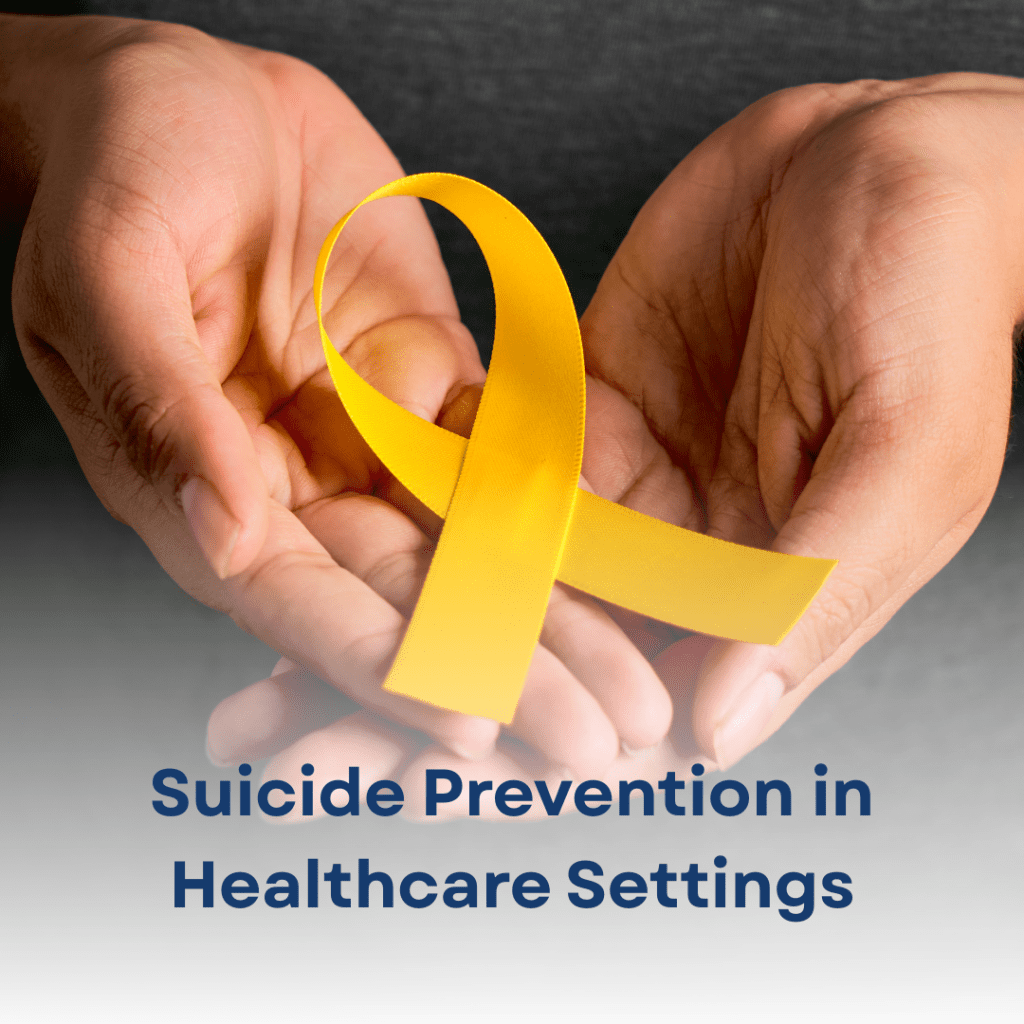
Suicide is a pressing public health concern. Healthcare providers play a crucial role in identifying at-risk patients and offering timely support. Early intervention can save lives, making it essential to adopt effective screening protocols and intervention strategies.
Key Facts
- Over 700,000 people die by suicide every year globally, according to the World Health Organization (WHO).
- In the United States, suicide is the second leading cause of death for individuals aged 10-34.
- A study published in JAMA found that proper screening can double the detection rates of patients at risk.
- Research shows that brief interventions can reduce suicidal thoughts by up to 50%.
- Many patients express a desire for help when asked directly about their feelings, highlighting the importance of open communication.
Understanding the Importance of Screening
Screening for suicidal ideation should be a standard practice in healthcare settings. Studies indicate that many individuals experiencing suicidal thoughts do not reveal their feelings unless directly asked.
Implementing routine screening tools, such as the Patient Health Questionnaire-9 (PHQ-9) or the Columbia-Suicide Severity Rating Scale (C-SSRS), can help healthcare providers identify those at risk. These tools are validated and easy to administer, making them practical for busy clinical environments.
Evidence-Based Intervention Strategies
Once a patient is identified as at risk, timely intervention is key. Evidence-based strategies include:
- Brief Interventions – These involve short, focused conversations that can help patients articulate their feelings. Studies show that even a brief intervention can significantly reduce suicidal thoughts and behaviors.
- Safety Planning – Collaboratively creating a safety plan with the patient can empower them. This plan outlines steps they can take when feeling distressed, including emergency contacts and coping strategies.
- Follow-Up Care – Continuous support is essential. Providers should schedule follow-up appointments to monitor the patient’s progress and adjust interventions as necessary. This ongoing relationship can make a significant difference in a patient’s recovery journey.
Connecting Patients to Behavioral Health Resources
Healthcare providers must facilitate connections between at-risk patients and behavioral health resources. This can include referrals to therapists, psychiatrists, or crisis intervention services. Additionally, integrating behavioral health services within primary care can improve access and reduce stigma.
Engaging family members and support systems can also enhance care. Providers should encourage discussions about mental health in these circles, fostering an environment where seeking help is normalized.
Key Takeaways
- Routine screening for suicidal ideation is vital in healthcare settings.
- Evidence-based interventions can significantly reduce suicide rates.
Connecting patients to behavioral health resources is critical for effective support.
FAQs
How can I start screening for suicide risk in my practice?
Begin by incorporating standardized screening tools like the PHQ-9 or C-SSRS during routine visits. Ensure your team is trained to administer these tools effectively.What should I do if a patient expresses suicidal thoughts?
Conduct a thorough assessment to understand their risk level. Implement brief interventions and collaborate on a safety plan. Ensure they have access to immediate resources for support.How can I maintain follow-up with patients at risk?
Schedule regular follow-up appointments and encourage patients to reach out if they feel distressed. Use reminders and check-ins to demonstrate your ongoing support.
Each week, we email a summary along with links to our newest articles and resources. From time to time, we also send urgent news updates with important, time-sensitive details.
Please fill out the form to subscribe.
Note: We do not share our email subscriber information and you can unsubscribe at any time.
|
|
Thank you for Signing Up |

Sources
- World Health Organization (WHO)
Suicide
https://www.who.int/news-room/fact-sheets/detail/suicide - JMIR Publications
Effectiveness of a Web-Based Virtual Simulation to Train Nursing Students in Suicide Risk Assessment: Randomized Controlled Investigation
https://games.jmir.org/2025/1/e69347/ - JAMA Network
Suicide Prevention Strategies: A Systematic Review
https://jamanetwork.com/journals/jama/article-abstract/201761 - National Library of Medicine
“Zero Suicide” – A model for reducing suicide in the United States behavioral healthcare
https://pmc.ncbi.nlm.nih.gov/articles/PMC6022755/
Previous Articles
Partner with BHM Healthcare Solutions
With over 20 years in the industry, BHM Healthcare Solutions is committed to providing consulting and review services that help streamline clinical, financial, and operational processes to improve care delivery and organizational performance.
We bring the expertise, strategy, and capacity that healthcare organizations need to navigate today’s challenges – so they can focus on helping others.
Are you ready to make the shift to a more effective process?
